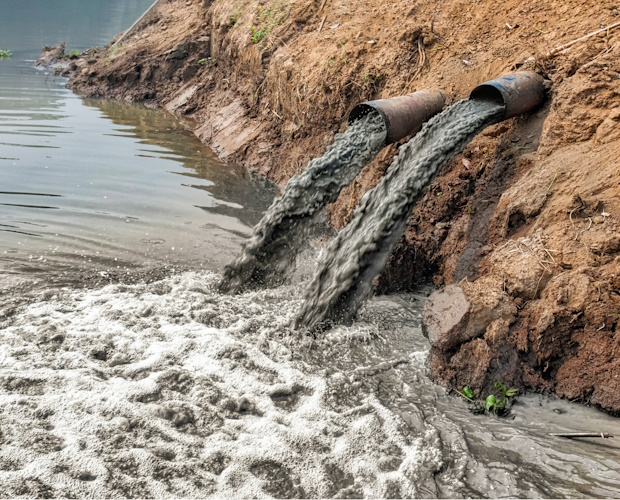T: 01822 851370 E: [email protected]
water pollution
The Department for Environment, Food & Rural Affairs (DEFRA) has announced the introduction of a landmark piece of legislation aimed at cracking down on pollution by water companies. The Water (Special Measures) Bill , unveiled by Environment Secretary...
Last week, Secretary of State for Environment, Food and Rural Affairs, Steve Reed, announced a series of measures aimed at resolving the ongoing crisis in the water sector. As Ofwat publishes its draft responses on water company spending, these...
Approximately £11 million collected from fines and penalties imposed on water companies will fund the newly established Water Restoration Fund (WRF), as announced by Environment Secretary Steve Barclay last week. This initiative aims to allocate these funds to...
The Yorkshire Times reports that the Government has announced a programme to support farmers across the country to reduce water and air pollution from their land In collaboration with Natural England and the Environment Agency, DEFRA will provide free...
NEWSLETTER
Sign up to receive all our latest news and updates.
HOT TOPICS
Amid reduced public spending, fair resource allocation across regions is crucial. Despite a population larger than Greater London, rural areas receive significantly less funding for essential services, even though delivering these services in rural areas is more expensive.
Economic growth is widely acknowledged as essential for national wealth and prosperity and is a priority for political parties. Rural economies, employing millions and home to a higher proportion of small businesses, have potential for growth if barriers are removed.
Rural residents face distinct healthcare challenges, including limited access to transport, longer distances to medical facilities, an aging demographic, housing inadequacies, digital connectivity gaps, and difficulties recruiting health and care workers.
Rural communities are grappling with a severe affordable housing crisis, marked by high house prices, a lack of affordable housing, elevated living costs, and lower incomes, threatening their sustainability and vitality.
Transport is vital for the quality of life and economic health of rural areas, yet it faces challenges such as infrequent public bus services and less Government funding compared to urban regions.
Rural areas, encompassing a substantial portion of England's population and land, play a pivotal role in combating climate change and achieving the net zero target.
In an increasingly digital world, the lack of robust digital infrastructure in rural areas severely limits access to crucial services and stifles economic growth.
A future-focused vision for rural communities involves not just building the right homes in the right places but also ensuring thriving, sustainable communities.
SIGN UP TO OUR NEWSLETTER
Sign up to our newsletter to receive all the latest news and updates.





